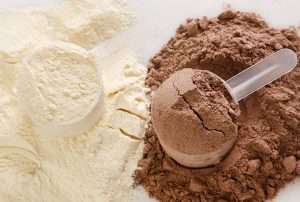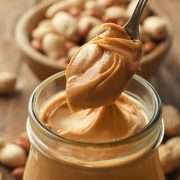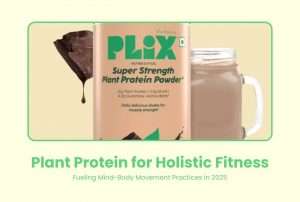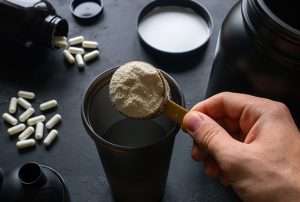How is Plant-Based Protein as Effective as Whey for Building Muscle?

Protein is crucial for endurance athletes to recover, rebuild, and keep training. We know how much is needed and when’s best to consume it, but here we’ll delve into reasons for plant protein to be as effective as whey in building muscles.
Plant-Based Proteins are as effective or better than whey-based protein. Here’s Why:
1. Plant-Based Proteins are a complete source of protein
Plant-Based food when combined is a complete source of protein. A source of protein is considered complete when they provide all the nine essential amino acids. Thus, a combination of pea protein and brown rice protein will result in a complete source of protein to enable muscle building and faster recovery
2. A research study proves that there is no difference in muscle growth between Pea Protein and Whey Protein users
A study conducted among 169 males over a period of six weeks to understand the impact of oral supplementation with Pea protein vs. Whey protein and Placebo on biceps brachii muscle thickness and strength after a 12-week resistance training program.
The results of the study where that Increases in thickness were significantly greater in the Pea group as compared to Placebo whereas there was no difference between Whey and the two other conditions
The Study claims that Since no difference was obtained between the two protein groups, vegetable pea proteins could be used as an alternative to Whey-based dietary products.
Link to the study – Pea proteins oral supplementation promotes muscle thickness gains during resistance training: a double-blind, randomized, Placebo-controlled clinical trial vs. Whey protein.
3. No Constipation Problems
Like most animal or milk sources of protein, whey protein also does not contain fibre. Fibre is an important micronutrient for the body and contributes to good gut health by providing bulk to the waste products moving through your intestine. As whey protein does not provide any fiber, consuming an excess of it may lead to constipation. Plant-Based Proteins are high in fibre content and contribute to good gut health.
4. Get Rid of Bloating and Indigestion
Whey is a very concentrated form of milk and your body requires a certain digestive enzyme to digest that micronutrient. Hence if you take in too much of that micronutrient at one time, while the volume of food is maybe fine you need to have the enough the digestive enzyme to digest it. Due to the backlog of indigestion, this might result in bloating or abdominal pain
Whey protein is made from milk and contains milk lactose. To digest this your body secretes a digestive enzyme called lactase which splits these sugars into individual sugars of absorption. If your digestive system produces small amounts of lactase, then you will not be able to digest whey.
A study has shown that 65% of individuals have a reduced ability to digest lactose after infancy.
Plant-Based Proteins are dairy-free and easy to digest. They do not require additional enzymes like lactase to help you digest your protein.
You can also buy our Plant-based protein powder from Amazon here:















